I used to think of money in a negative way. As a woman, it is bad to talk about money, it is bad to have money. It is unnatural and unfamiliar. Why is that?
For a long time, women didn’t have the financial autonomy to even be in a place to own money and therefore to even think about what to do with it. Times are changing. As women grow in their careers and delay having a family, they get more financial independence and cumulate savings. What to do next?
That’s the place I found myself a few years ago after working for 10 years, cumulating savings, with no clue of what to do with it. When I asked advice around me (mostly men), they were already doing investments, real estate, trading stocks, and investing in other businesses. I tried to follow their lead, but it felt overwhelming and scary to me. Despite the advice I was given, it just didn’t feel right to me. I didn’t fully understand finances, so I couldn’t make any decision that would feel ‘good’.
That’s the first step in the psychology of money: How do you feel about spending your money? Do you have any feelings of regret for (not) spending that money? If you feel you may regret the decision of spending the money, don’t rush it. If you feel you may regret the decision of not having spent the money (on something that matters to you), do spend it!
My mindset about money changed the day I educated myself on the topic. Money is not a purpose in itself. It is a tool to live the life you want with purpose, freedom, and flexibility.
Here are a few principles I learned from great investors and entrepreneurs:
- Wealth is assets that earn while you sleep. If you don’t own a piece of a business, you don’t have a path to financial freedom. (Naval Ravikant)
- If you are a businessperson, think like an investor. If you are an investor, think like a businessperson. (Warren Buffet)
- It is more important what you do with what you have/get than what you have/get. Invest the money you have, then spend what is left. Don’t spend the money you have first, then invest with what‘s left. (Jim Rohn)
The other gap I want to bridge is the lack of women among investors in gaming. Like we need more women as CEOs and founders, we need more women as investors too. To rebalance the whole equation.
I recently recorded an episode with Marcela Barrera who is a financial coach. She explains why we have this educational gap in financial literacy between men and women. As women, why do we have different psychology about money and therefore need a different approach to working with money?
We talk about the foundations of finances and the steps to develop your financial independence:
- Financial Education: Learn the basic principles of finance. What is an asset vs a liability? What is the compound effect? What is being wealthy vs being rich?
- Develop Assets to gain more financial freedom and flexibility, you want to start to develop assets in your portfolio.
- Invest In Other Businesses (i.e. game companies): Start small, put 10% of your wealth aside for business investments. I started doing angel investments into other game companies for that reason.
- Own Your Business: Build a piece of business that you own, which can generate money without your daily input. That’s the core definition of an asset.
Here’s a chart to visualize how assets and liabilities work (source: Rich Dad, Poor Dad). In simple terms, an asset puts money in your pocket. A liability takes money out of your pocket.
For example, a car that you own for personal use (i.e. driving to places) is a liability. A car that you own and use for your business (i.e. delivering goods) produces value for your business, and therefore is an asset. Got the idea?
.png)
Building assets instead of liabilities is the first step to fulfilling your life vision in the long term.
In my personal mission of growing conscious leaders in the gaming industry, I started to invest in other businesses and build my own business Rise and Play as assets, generating wealth that will allow me to keep supporting my mission in the long term.
When examining your personal finances, you want to make sure you start to build assets in your portfolio too. Have you explored investing in other businesses or building your own business? What is your Why?
Turning The Lens On You ✍️
Here are a few starting points to align your financial goals with your life vision:
- Life Vision: Why do you want to become rich? What are your wants and don‘t want? Are your spending reflecting the life you want? if not, what can you change?
- Education: What do you choose to put in your head every day? What do you learn? What do you learn from your friends and finances?
- Wealth assessment: Measure how many days can you live without an income? Or how much of your income comes from assets?
If you enjoyed this article, subscribe to our newsletter to receive future leadership updates. Don't forget to follow the podcast show!
We are working to grow a community of conscious leaders across the industry and beyond.
If you want to join this movement, please share the Rise and Play content with other conscious leaders, because we have so much more we can learn from each other.




















.jpeg)




